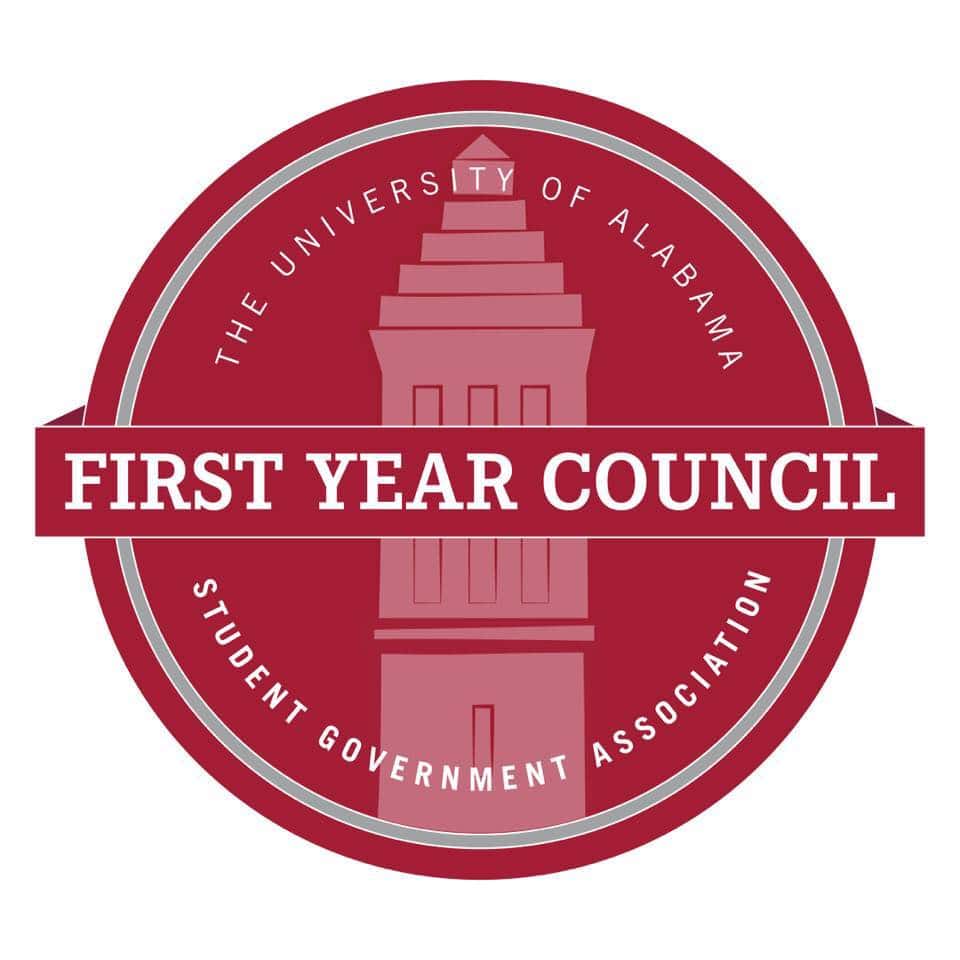The First Year Council recently passed an act that will allow naloxone kits to be placed within automated external defibrillator kits in residence halls.
The act is called Project Zero, and the SGA Senate sent it to the Student Affairs Committee on Feb. 22. The Senate will need to take another vote to pass the bill once the committee has examined it.
Following this act, FYC will partner with End Overdose to bring in certified members to train in residential hall common areas.
The training will occur at the beginning of the fall semester, including a trial run at the end of this semester.
“We have hopes to expand it in the future … after we get everything and see how the turnout is and how we can really perfect it before the next year,” said Madison Gwin, a freshman criminology and criminal justice major and co-author of the bill.
Most of the funding comes from grants that the University has in place, Gwin said.
“I’m just really excited to get this project started,” Gwin said. “I think it’s going to help save a lot of lives.”
Kelly Miller, the University’s assistant director of clinical services, said it makes sense to put naloxone kits in the dorms.
“This would increase emergency access to students or staff who need Naloxone to respond to a potential opioid overdose while waiting for the paramedics to arrive,” Miller said. “If I was a student in that situation, it would empower me to know that I could help a friend out with the right medication and tools.”
Miller said it is very helpful for students to understand how to respond in a situation where drugs are involved.
“We know that most people do not plan to overdose, and if it happens, they deserve a chance to be given medication that could save their life,” Miller said.
Collegiate Recovery and Intervention Services is a branch of the University’s Division of Student Life dedicated to helping students battle addiction and spreading awareness about the risks of drugs and alcohol.
Alex Liveoak, the assistant director of collegiate recovery, agrees that this new training can help save someone’s life.
“I think it’s great that they [FYC] are taking care of their students in that way,” Liveoak said. “Training for that can be very beneficial.”
The organization hosts Alcoholics Anonymous meetings and allows students 24/7 access to the building.
“We just provide a college experience for people who are in active recovery from alcoholism, drug addiction,” Liveoak said.









